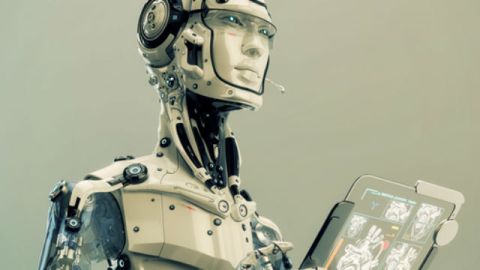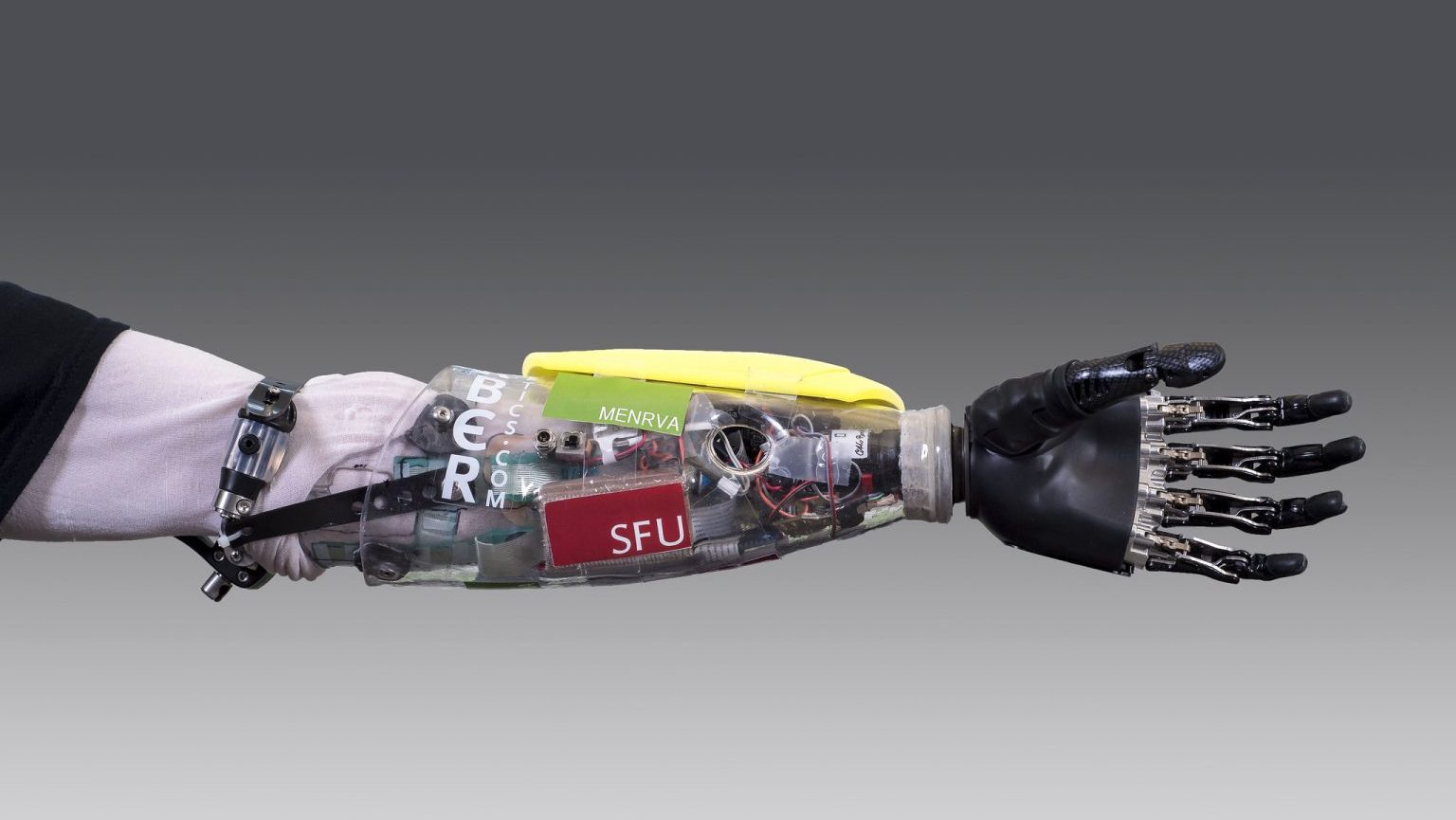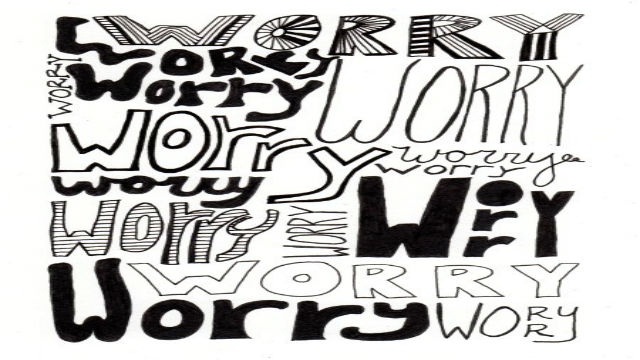How to Teach a Robot New Skills

Warning: Robots are becoming smarter. They can now teach each other how to play Pac-Man.
Researchers in Washington State University’s School of Electrical Engineering and Computer Science have developed a system for robots to teach each other new skills. Instead of acquiring knowledge useful to us humans, like how to serve dinner and dish out one-liners at the same time like Rosie in “The Jetsons, these robots can “entertain themselves” by playing the classic video game.
The big idea presented here is that the researchers programmed the robots to mimic how we humans teach and learn. If robots can teach each other new tasks, then humans don’t have to do it; a house-keeping robot, for instance, can train its replacement or additional helpers. Building “teaching” robots is an important area of robotics.
The Pac-Man experiment surpassed the researchers’ expectations. The student robot not only learned how to play Pac-Man, but it even became better than its teacher robot. Yes, the student became the master; will humans one day say the same of robots?
Science Daily has more on the study, including how to teach a robot new skills:
The easiest way to successfully teach a robot new skills is to remove the “brains” of the old one and put them in the new one, says [Matthew E. Taylor, WSU’s Allred Distinguished Professor in Artificial Intelligence]. Problems occur, though, when hardware and software don’t work in the new model.
Furthermore, one long-term goal in robotics is for robots to teach skills to humans. But we can’t simply insert their hard drives.
In their study, the researchers programmed their teaching agent to focus on action advice, or telling a student when to act.
As anyone with teenagers knows, the trick is in knowing when the robot should give advice. If it gives no advice, the robot is not teaching. But if it always gives advice, the student gets annoyed and doesn’t learn to outperform the teacher.
“We designed algorithms for advice giving, and we are trying to figure out when our advice makes the biggest difference,” Taylor says.
Image credit: Shutterstock





